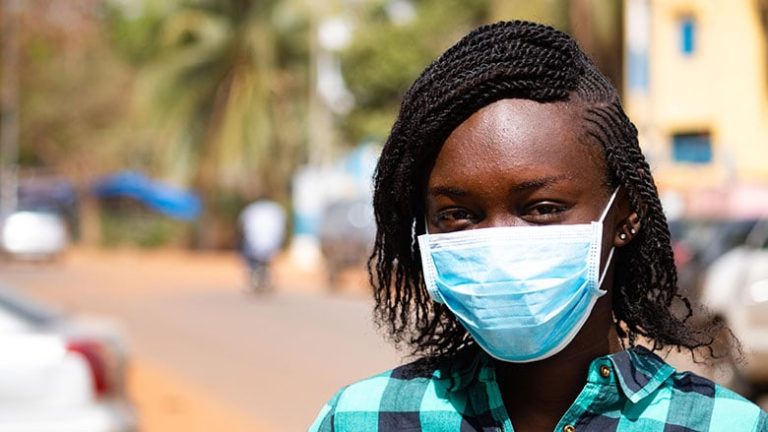IGAD pandemic preparedness project launched
The IGAD pandemic preparedness project has been launched to strengthen health security and resilience across East Africa. Backed by $31.9 million from the Pandemic Fund, the initiative aims to improve early detection, response capacity, and regional coordination in tackling future health threats.
The Intergovernmental Authority on Development (IGAD) is implementing the project in partnership with the World Health Organization (WHO) and the International Federation of Red Cross and Red Crescent Societies (IFRC). Member states benefiting include Djibouti, Ethiopia, Kenya, Somalia, South Sudan, Sudan, Uganda, and Eritrea.
Uganda’s Minister of Health, Dr Jane Ruth Aceng, described the project as “a timely intervention that fills critical gaps in our health system.” She noted Uganda’s recent success in containing Ebola within 68 days as proof that stronger systems deliver faster results.
Read Also
Project priorities and approach
The Prepare Project adopts a One Health approach, recognizing the link between human, animal, and environmental health. Its four main pillars include:
- Cross-border surveillance and early warning systems
- Laboratory strengthening and diagnostic capacity
- Health workforce development
- Multisectoral coordination for faster joint response
IGAD Executive Secretary Dr Workneh Gebeyehu stressed that pandemics cross borders. “Prepare ensures we are better equipped to detect threats early, respond collectively, and protect our people,” he said. He added that Uganda’s choice as the launch site reflects its strong track record in emergency health responses.
First phase support and regional solidarity
As part of the project’s first phase, Uganda received preparedness equipment worth over $700,000. This includes coordination vehicles, motorcycles for sample transfer and contact tracing, 150 isolation beds, ICT equipment, and essential lab supplies.
Dr Suraj Man Shrestha of WHO Uganda emphasized solidarity. “No country is safe until all are safe. By investing in resilient systems and cross-border collaboration, we are securing the future,” he said.
Representatives from IFRC also noted the role of communities in building resilience. They pledged to use their grassroots networks to support preparedness and emergency response across the bloc.
Building a resilient future
A 2023 Joint External Evaluation showed Uganda had sustainable capacity in only 4% of International Health Regulation indicators, underlining the urgent need for investment. Dr Aceng urged deeper collaboration and contingency funding in future project phases.
The IGAD pandemic preparedness project signals a major step toward regional resilience. By pooling resources, strengthening systems, and enhancing cooperation, East Africa is taking bold action to protect lives and secure its future health security.

